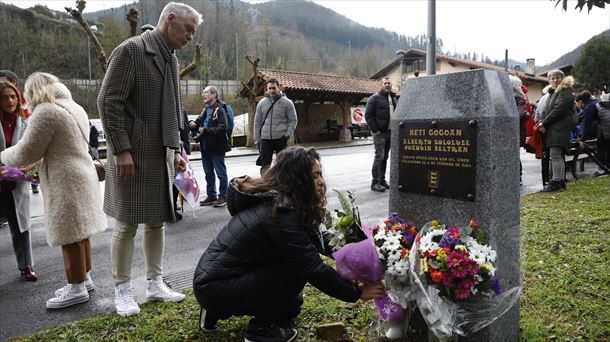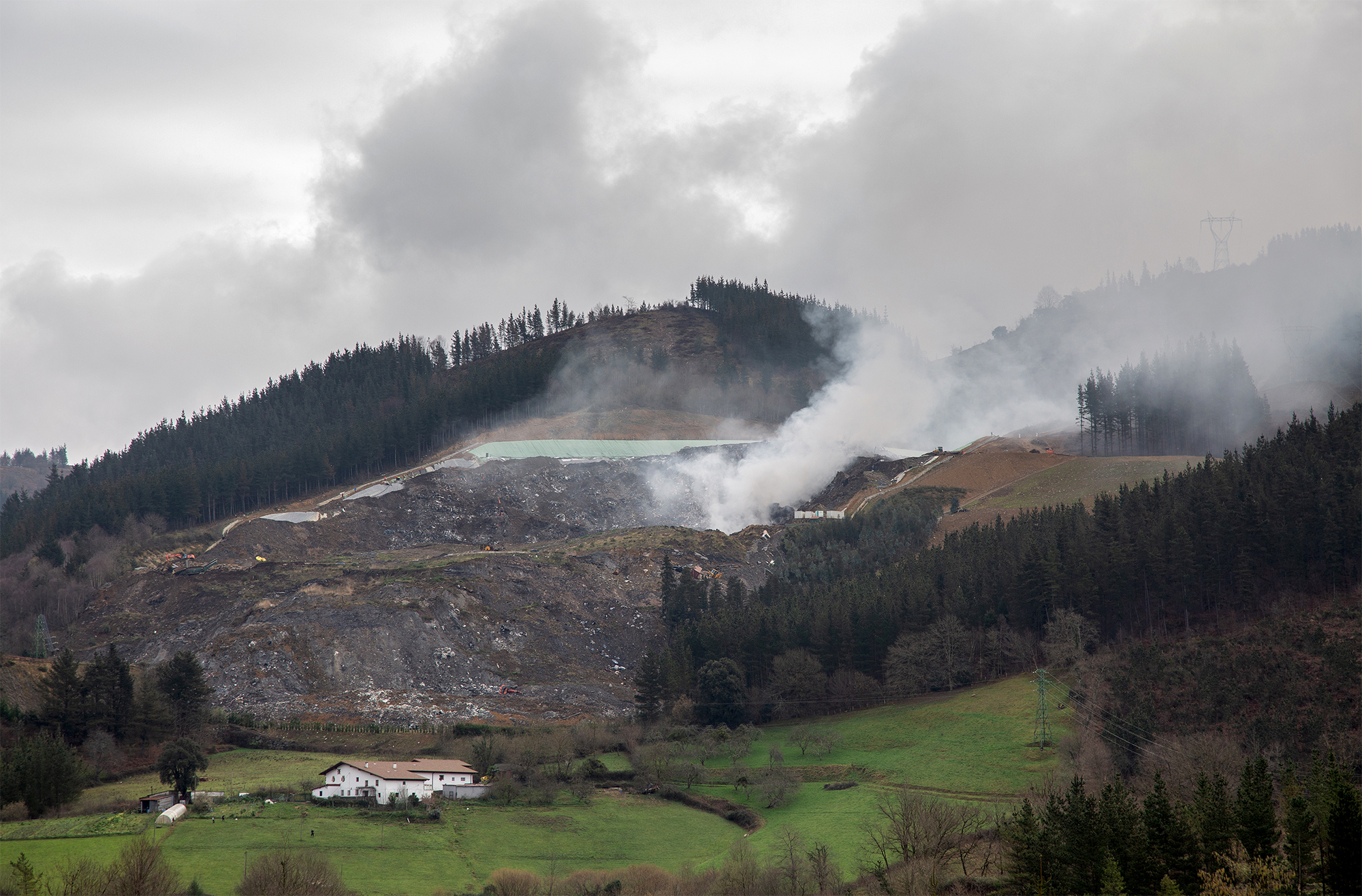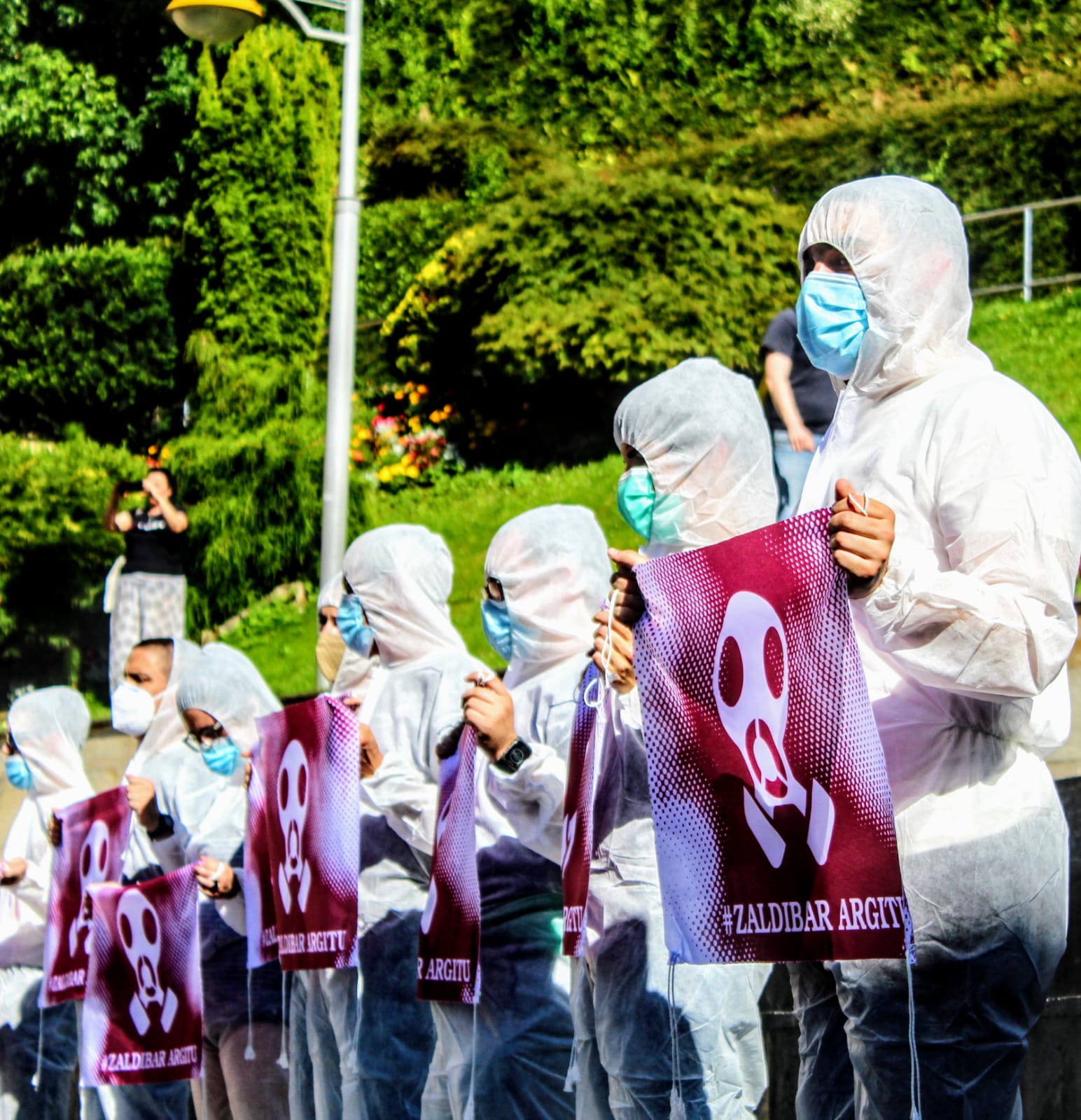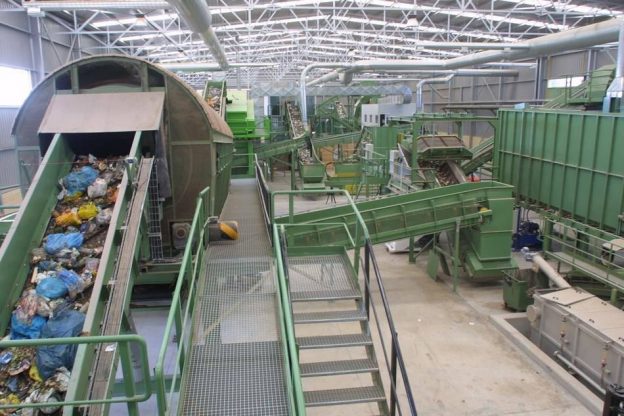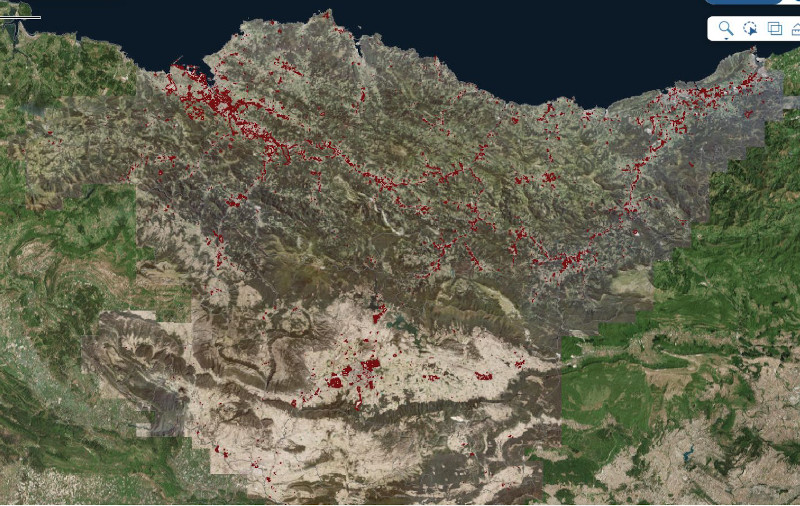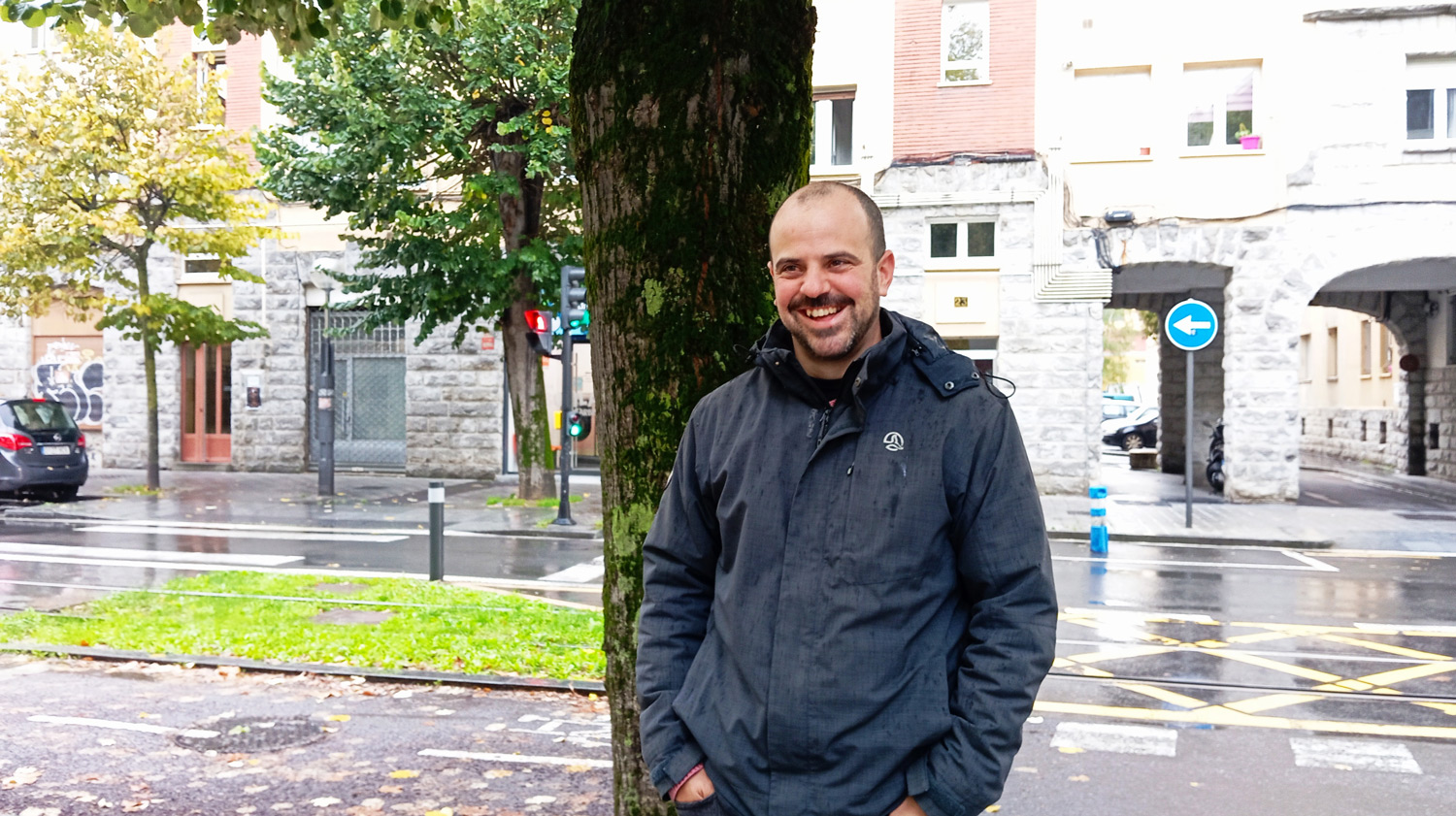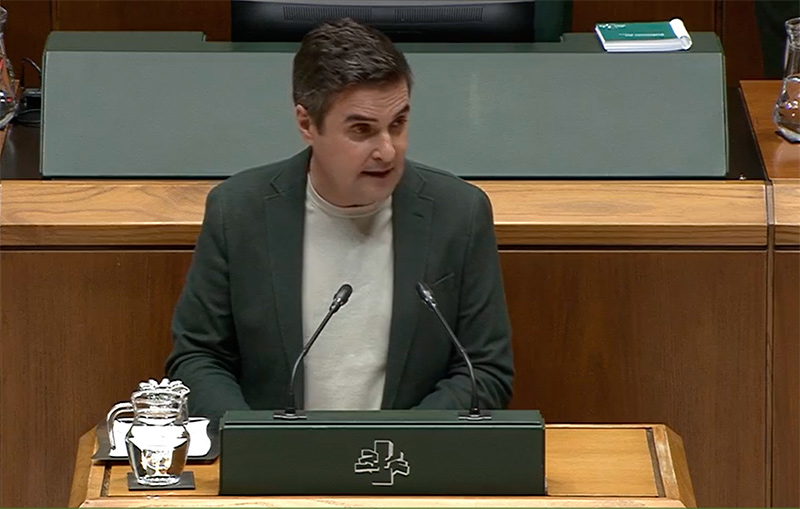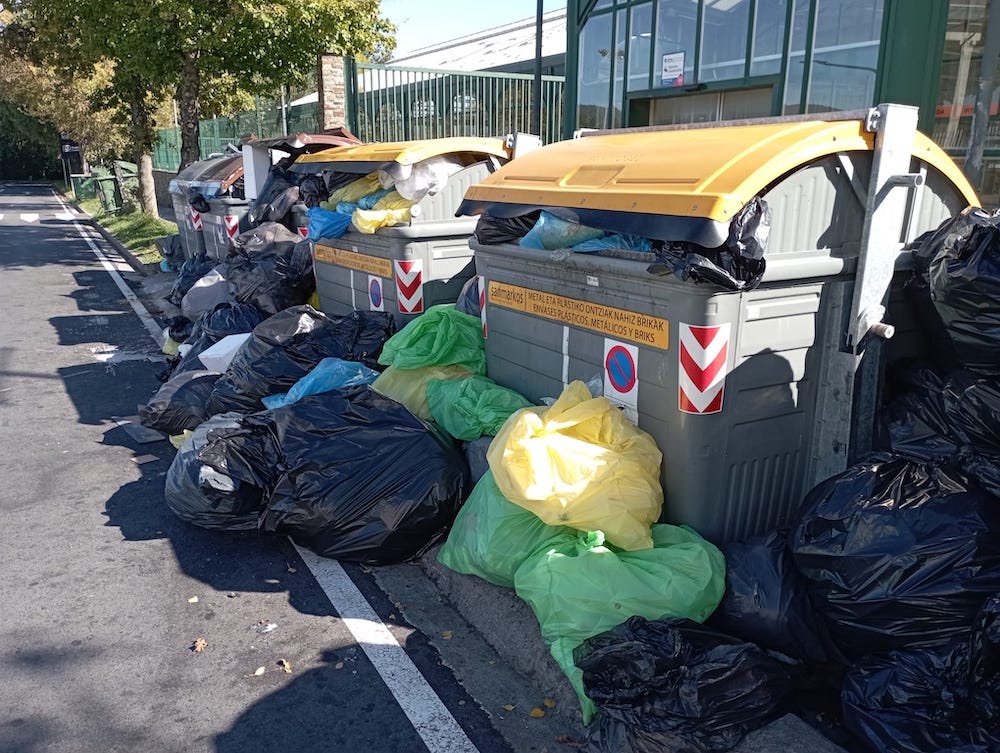The war on waste in Italy was repeated. 30 calcined recycling plants
- The campaign to turn the whole of Italy into a Zero Trash territory, driven by many institutions in recent months, has been threatened by two violent attacks. On the one hand, 30 recycling plants have been burned, many of which have been attributed to mafia groups. On the other hand, the Italian Prime Minister, Matteo Renzi, has given new impetus to incineration plants on the pretext of unlocking Italy.
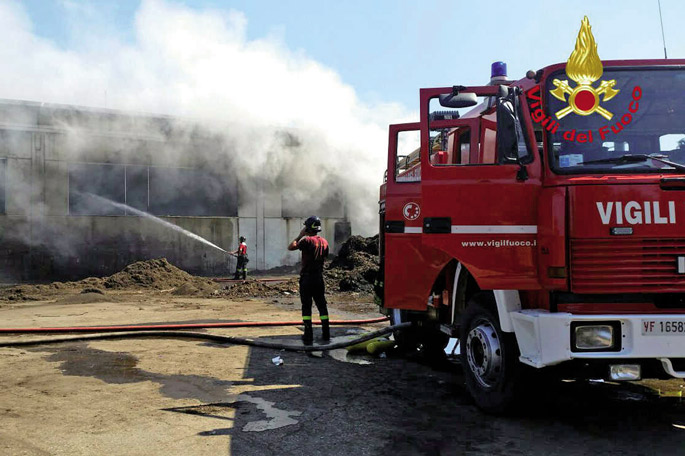
All recycling plants are burning one by one,” said young journalist Jacopo Giliberto on the blog Corrente on September 1. “The early morning of August 30 in Villa Bartolem de Verona has burned the composting plant of Fertitalia. It is the thirtieth recycling or composting plant that has been burned in recent months. If it had happened, it could have been said that it was an accident. But the thirtieth and Sunday night we can say that it has been an attack on recycling.”
The first fires began in March and occurred on 1 May in Milan, when there were some episodes of strong odor. The flames devastated the Albairat plant in Monza, a pioneer in Europe in selective collection and organic urban composting, which was to treat the pork jars generated by the Expo Milano Universal Exhibition.
On 5 June the composting plant of Sese, one of the largest in Italy, was burned in the area of Padua. Another one in Parma, then in Rome, in Perugia... Until complete 30. In the list there are composting plants, TMB plants, warehouses, etc.
Faced with the suspicion of sabotage, the leader of the 5 Star Movement, Beppe Grillo, raised the alarm in August in his blog: “#laguerradeirifiuti: in pochi mesi a fuoco 26 impianti di rigiro, compostaggio, trattamento meccanico”
Grillo has called for a rapid and thorough investigation of these fires: “It’s mandatory. In particular, the approval by the Government of the Sblocca Italia Decree of the authorisation of 12 new incineration plants to the detriment of composting and recycling. For a long time in Italy the lobby and the ecomafia of landfills and incinerators have been waging a very dirty war with waste, attacking all kinds of waste. Waste is materials that can be composted or recycled after consumption, but for dirty interests they are burned or buried, harming human health and a fairer economy.”
The complaint has been reinforced by a public body, Walter Ganapini, Director-General of the Environment Agency in the Umbria region. In a letter to the Italian Government, the Legambiente association states that the many fires are not accidental and that Ganapini has advanced three keys to understanding the destruction it has suffered.
On the one hand, someone does not want to lose the investments made in the construction of incinerators and those they have designed to build new ones, even though from Europe it was said that the future was not going around. Secondly, “the Mafias do not want to stop investing in landfill sites in Macedonia, Kosovo, Romania, etc. which also feed intermediaries for the transport of garbage by sea”. And three, the internal conflicts between the groups that have dominated waste management, such as landfill sites, in incineration.
To achieve this, the pirates would like to organize an emergency situation similar to that which occurred years ago by the trash in Naples and throughout the Campania, according to Ganapini: “They want to justify the emergency: in order to satisfy the three interest groups and to dismiss the European Union, it is necessary to destroy alternative plants to incineration and landfill.”
Renzi promoting incineration
Antonio di Cianciullo writes in the blog Eco-Logica: “Selective collection is working well. The numbers show: The separation rule of 65% is respected by 10 million Italians and the number is increasing. But it is clear that someone is not satisfied.”
Sabotage has already been known in the waste sector in Italy. Especially in the south of the city, in Campania, where from 1994 to 2009 the emergency situation for garbage has been known and many municipalities have begun to implement door-to-door collection, composting and recycling in general as the last solution.
However, it is clear that the current attacks occur immediately after Prime Minister Matteo Renzi decreed a step backwards in waste management. It seemed as if their teeth had been extended again to the forces that had their business in the ruins. And it is true that with the law of Renzi (Sblocca Italia) to unlock Italy, new opportunities have been opened to old waste businesses, putting on the way the weakening of dynamics in favor of Zero Trash and the circular economy.
With the new decree, center-left Renzi has opened the way to authorize 12 incinerators, who were previously working 42 more and who had been accepted 6 more. Like oil and gas plants, Renzi has declared incineration plants as “strategic and infrastructure of national interest”.
In 2014, six million tonnes of rubbish were burned in Italy, and 730,000 more will be burned in the six previously authorised. However, the government wants more than EUR 2 million to be burned in the last two months. To do so, it wants new incinerators to be built throughout Italy, even in regions that no longer generate enough waste to feed them, and that unauthorised waste is incinerated.
Salvatore de Rosa in “Sblocca Italia: Extractivism made in Italy” explains the context. Minister Renzi, the third prime minister, has complied with a decree with the strict instructions given to him by the European Troika without the popular vote. Italy, on the brink of bankruptcy under the weight of its enormous debt, has had to impose a strict privatisation and liberalisation plan, if it wanted to save it.
In the same package there are cuts in social spending, reductions in public employees, reduction in risk prevention, etc. Renzi has again included the construction of major infrastructures such as the High-Speed Train (TAV), the airport or the highway in his agenda of priorities.
“The basis of Sblocca Italia – points out De Rosa – is in the philosophy that private capital must be left free in its projects, dismantling the limits of permits, consultations and deadlines that have been given so far. It does not matter that these limits also appear in the Constitution itself in matters that affect the way of life of citizens.” There is already Italy II. A formula to emerge from the most serious economic crisis that has been experienced since the World War.
Contrary to Renzi’s intentions, in addition to many institutions and associations, the association of Italian municipalities has also pronounced itself. As they will have less control than before over the new projects to be implemented in their territorio.Las mobilisations are also intensifying in recent weeks by social movements. Claiming “Blocca lo Sblocca-Italia”, they are about to occupy the Rome Parliament in October.
Beraiek eskegitako argazkian, Veronako suhiltzaileak abuztuaren 30ean Vila Bartolomeako konpost planta suntsitu zuen sutea itzaltzen. Fertitaliak hor urtean 130.000 tona hondakin organikorekin luarra eta biogasa ekoizten ditu. Eraikin guztien teilatuak plaka fotovoltaikoz horniturik zeuzkan, zentral txiki bat osatuz. Horiek guztiak, makinak, materialak eta plaka fotovoltaikoak (1,5 milioi euroko inbertsioa), denak hondatu zituen suteak. Ia bi hilabete lehenago, ekainaren 7an, gobernua gutun irekian ohartarazi zuen Ingurumen Agentziaren zuzendaria den Walter Ganapinik: “Prest egon behar dugu bortxazko eraso hauei aurre egin eta ondare publikoak, ingurumena eta osasuna defenditzeko”. Hondakinen gaikako bilketa eta birziklatzean urrats handiak egin dituen Italian kaosa sortu nahi dutenak badira: Emergenza Rifiuti (zaborren larrialdi) berri bat... hobeto saltzeko beren soluzioa: errauskailuak.
The City Hall of Donostia-San Sebastián announced at last Thursday’s plenary session that it will increase the waste rate by 26.5% from January 2025, claiming that Waste Law 7/2022 obliges this. Eguzki, for its part, has denounced that the law only applies in terms of costs,... [+]
August is the holiday month for many people, including those who rule. And yet it is common to take advantage of the month of August to deal with some issues without much noise, albeit of great importance.
This is what is happening with the project to centralize sludge... [+]











